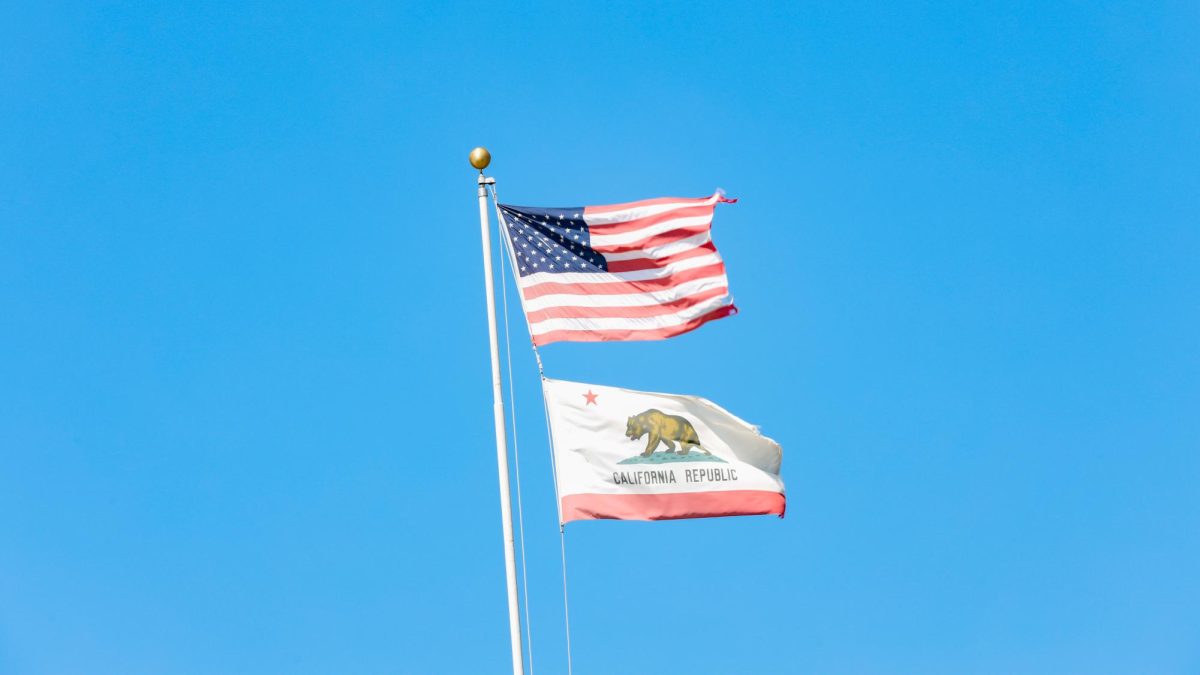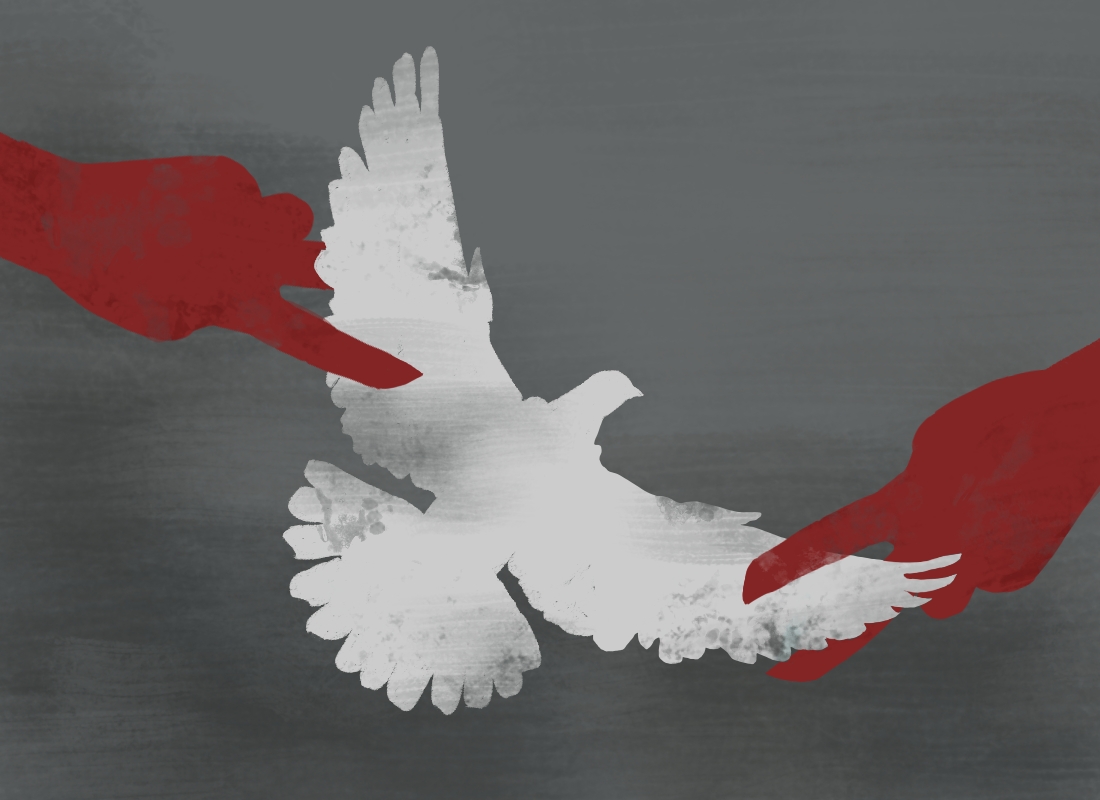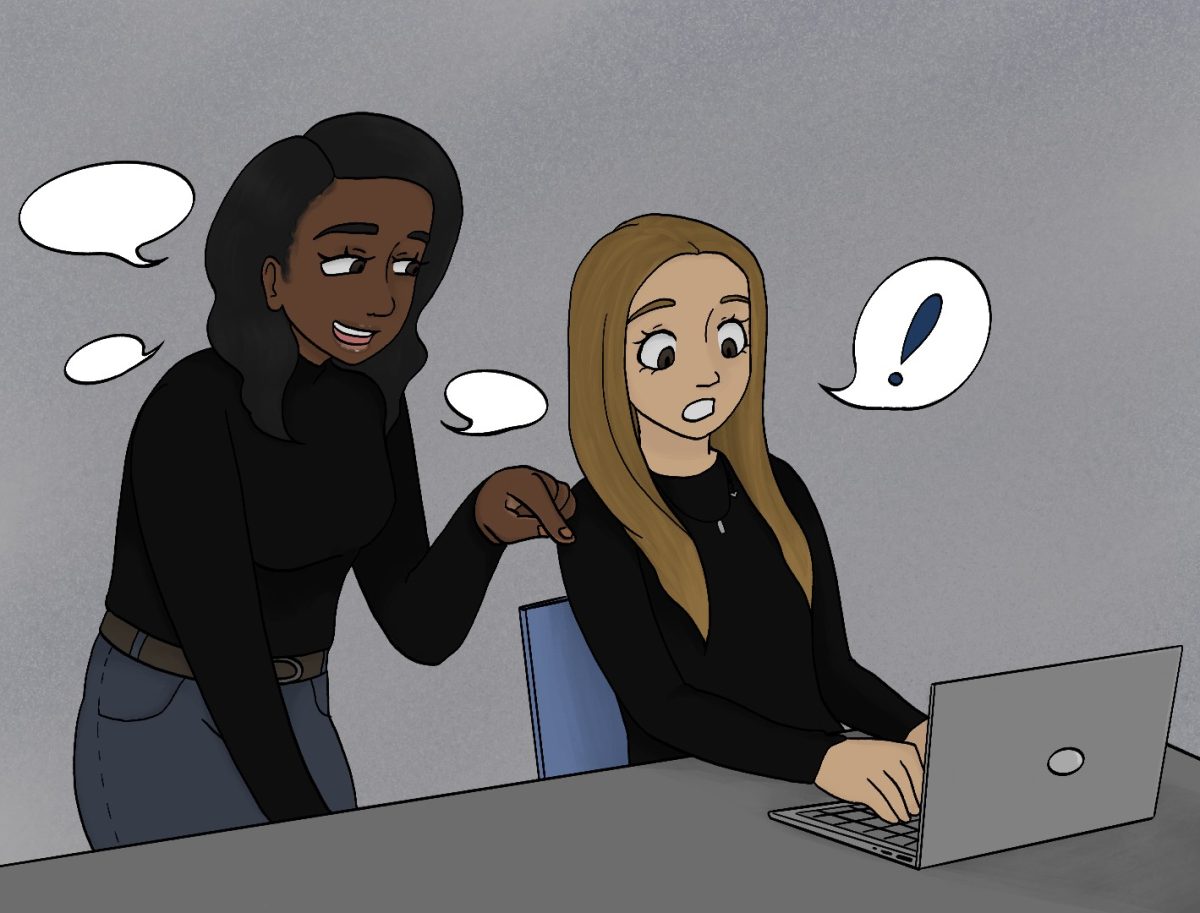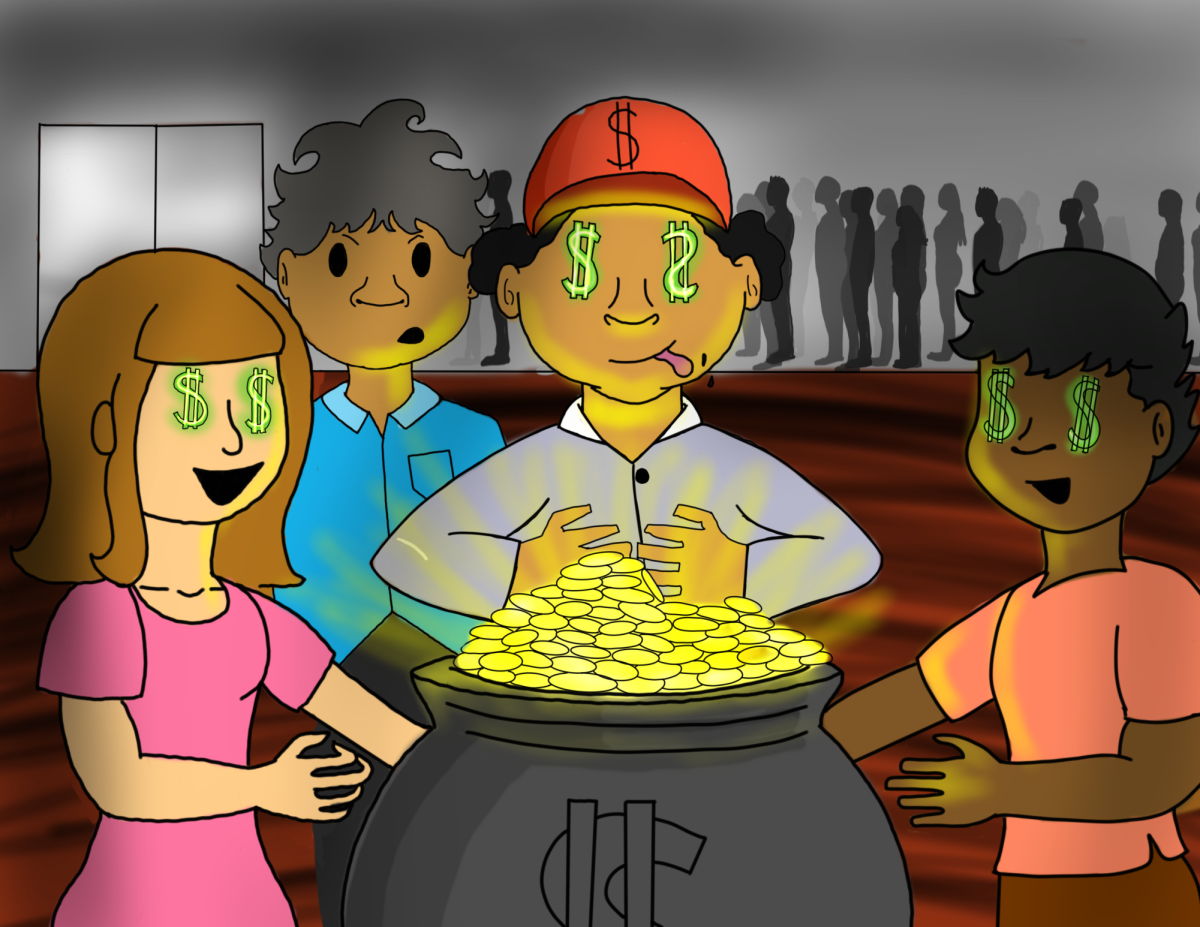With the rising cost to attend college, and the recent cuts in government funding, many students currently in college or about to attend have a big decision to make.
They must decide how they will fund their college tuition and books if they are not awarded enough scholarships or grants.
For some, student loans represent a necessary “evil.”
They are great for some students who have no other alternative and can’t attend college without a loan, while they are bad for others who don’t want to emerge from college with a big debt.
Some students just cannot afford to pay housing, boards, cost of tuition and not too mention the skyrocketing prices of books.
Brenda Augustine, 21-year-old Economics major says that student loans are necessary for college students especially with the plummeting economy.
“If it wasn’t for my students loans, I don’t know how I would pay for school,” Augustine said. “My books alone cost me $700 dollars and the loan helped me out a lot.
An increasing number of college students are turning to private loans to finance their education despite the risk of sinking deeper into debt as the gap between the cost of a college education and federal aid continues to widen.
The average cost of a four-year private college education has jumped by 43 percent since 1992, while federal loan limits have not increased in over a decade, said Sandy Baum, an economics professor at Skidmore College.
Baum is co-author of the “Trends in Student Aid Report,” which is published annually and sponsored by the College Board. Meanwhile, there has been a private education loan increase of 45 percent among undergraduates and 51 percent among graduates.
The total volume of private student loans has now surpassed the amounts awarded annually under the government-financed federal student educational grants.
But while private lending has increased, it still only comprises 10 percent of the total student loan volume.
The majority of students receiving private education loans are graduate and professional students in the law and medical fields.
Other students, like Jay Perrea, 25-year-old Business major used private loans to pay for a graduate degree in science and environmental reporting at UCLA and considers the cost a good investment.Perrea is currently taking pre-requisite classes here in EC.
“Even though I know I have to pay a considerable amount once I finish school, it does concern me,” Perrea said. “But I’m here to learn a craft, and that craft makes me happy. So even if I have to pay off loans for the next 20 years, it’s worth it.”
Student loans are an absolute necessity for the rather large group of people who are not able to rely on any exceptionally wealthy members of their family to cover the cost of the expenses they incur while getting a college education for them.
Even if you are not able to get any scholarships or private sources of money to be used for education purposes, you can receive direct student loans from private and government sources and use these to pay for your schooling.
The potential to live a decent life with all the amenities which make that ‘life’ fall in the category of well-to-do, is more difficult that it was ever before. The person needs to have a proper education which makes him capable of living the life.
And in order to pay for that education, students cannot simply afford to pay for it while having other things to pay for since most students rarely work.
That is why student loans are a necessity for students who want to make it through college without leaving holes in their pockets.








